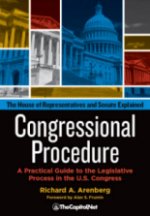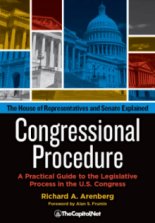Being a Legislative Drafter
There is often a misconception that drafting legislation is merely about writing, when the truth of the matter is that drafting legislation more accurately and frequently involves identifying, presenting and then resolving issues. Those issues could be related to policy or they might involve a technicality. Therefore, the most critical part of the legislative drafter’s … Read more




